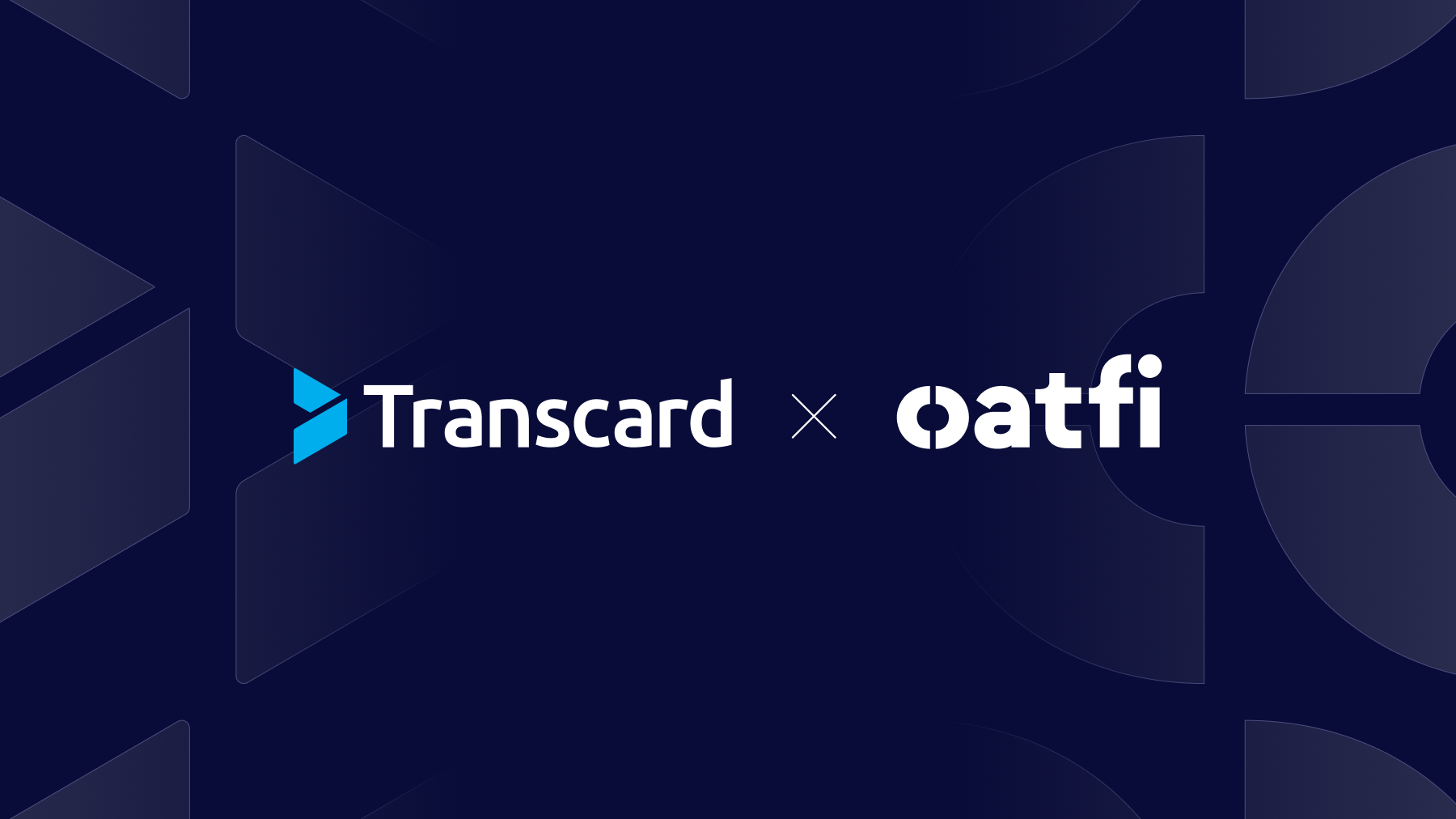The payments market is a big and growing business.
And open application program interfaces (APIs) – tools that enable applications to interact with leading omni-channel payment solutions – are helping banks, fintechs and enterprises cash in.
In 2017, total U.S. payments revenue topped an eye-popping $299 billion, Accenture Payments reports. Banks represented $163 billion of the payments market with fintechs and other nonbanks accounting for $136 billion. By the end of 2020, total U.S. payments revenue will surpass $344 billion.
One reason for the tremendous growth of the payments market is that enterprises have made payments modernization a top priority. Enterprises recognize that meeting customer demands while fending off disruptive “digital born” competitors requires new approaches to processing payments. The growth of the payments market has caught the attention of venture capitalists and other investors. Fintechs raised an astounding $3.5 billion in the first half of 2017, KPMG finds.
But achieving success in the payments market is hardly a sure thing.
A big obstacle that banks, fintechs and enterprises face in bringing their applications to market, and achieving adoption, is that developing payments capabilities can be an arduous, costly, and risky process. Incorporating capabilities for orchestrating, managing, and safeguarding payments, and integrating payments with legacy back-office systems, is a crucial part of the development cycle.
That is why more software and product developers are leveraging open APIs for their applications.
Not your Father’s APIs
Fintechs owe much of their growth over the past five years to innovation empowered by open APIs.
APIs are not new, but developers have a bigger palette of open APIs to choose from.
The open APIs offered with leading omni-channel payment solutions provide software and product developers with sophisticated tools for creating general ledger accounts or sub accounts, executing or processing payments made via any payment method, managing payments-related workflows such a multi-party endorsement, complying with payments regs, and securing payments and related data.
By leveraging the open API from an omni-channel payment solution an application can initiate and track payments, aggregate accounts, manage batch payments and direct debits, and more.
Leading providers of omni-channel payment platforms are offering open APIs. Some open APIs support more than 50 separate functions, over 1,100 integrations and hundreds of calls per second.
APIs can be used in healthcare, real estate, and insurance and for applications such as a digital wallet.
The growing interest in financial applications from software and product developers – including those inside global enterprises – have made payments a sought-after tool. Developers crave the flexibility and ease-of-use of having a single payments platform that they can build on top of.
The Federal Reserve and the National Automated Clearing House Association (NACHA) are among the organizations driving the adoption of APIs for payments in the United States.
3 Benefits of Fully Documented Open APIs to Developers
Choosing an omni-channel payment solution with fully documented open APIs provides big benefits to software and product developers with applications that move money or access payments data:
- Greater agility. The payment needs of an enterprise’s stakeholders, customers and suppliers are changing fast. That is why software and product developers must look for a payment solution with open APIs that support any payment method, including real-time payments.
Leveraging the open APIs in a leading omni-channel payment solution can reduce time-to-market by months. The technology streamlines the execution of transactions and the addition of payments capabilities to traditional back-office systems. For example, open APIs can solve the challenge of developing an omni-channel payments application that can support a customer’s different lines of business.Open APIs also make it easy for developers to adapt their applications to changing requirements in payment type, delivery channel, data requirements and regulations.
Connecting applications and legacy systems with open APIs improves flexibility in the delivery of services and information. Additionally, some omni-channel payment solutions can automatically create customized virtual cards and push them to a digital wallet, providing even greater agility. Some omni-channel payment solutions can also instantly configure and manage general ledger accounts and card-program settings.
- Better customer experience. In many cases, delivering an exceptional customer experience starts with enabling stakeholders, customers, or suppliers to pay or be paid in their preferred method, in a seamless and intuitive manner. That is a tall order unless software and product developers choose an omni-channel payment solution with documented open APIs that can ease the complexity of integrating with legacy issuer processors.
Open APIs make it easier for a marketing director, executive, or accountant to initiate or receive payments in a customer’s desired method. For instance, connecting an e-commerce application with an omni-channel payment solution using an API facilitate the processing of card payments, bank payments and real-time payments.
Developers also can use open APIs to customize payment processes for unique business applications such as those specific to an industry. And it will soon be the norm for consumers and businesses to obtain account data and initiate and track payments using applications that connect directly into bank systems using open APIs. - Reduced risk. IT is a key line of defense against fraud and compliance risks. Choosing a payment platform with open APIs helps software and product developers facilitate real-time visibility into payments. The timely insights provided by an omni-channel payment solution with open APIs enables an organization to better manage its day-to-day payment operations, more closely track transactions and tightly control processes for approving payments, reviewing anomalies, or executing payments.
Open APIs also make it easy for software and product developers to collect information such as customer or merchant spending. Card authorizations can be restricted in real-time based on pre-defined business rules. And embedded PCI compliant widgets help ensure the security of card transactions.
Choosing A Robust Technology Platform
Each of the benefits of fully documented open APIs is compelling to developers. Together, they provide developers with the tools they need to quickly create and adapt a modern commercial-grade payments platform, no matter their industry or the complexity of their requirements.
The growth of real-time payments, the European Revised Payment Services Directive, and the rise of fintech service providers have made the move towards open APIs irreversible, Accenture says.
Developers have a lot riding on their ability to deliver payments applications. Leveraging the fully documented open APIs in leading omni-channel payment solutions such as Transcard’s helps ensure that banks, fintechs and enterprises can cash in.




